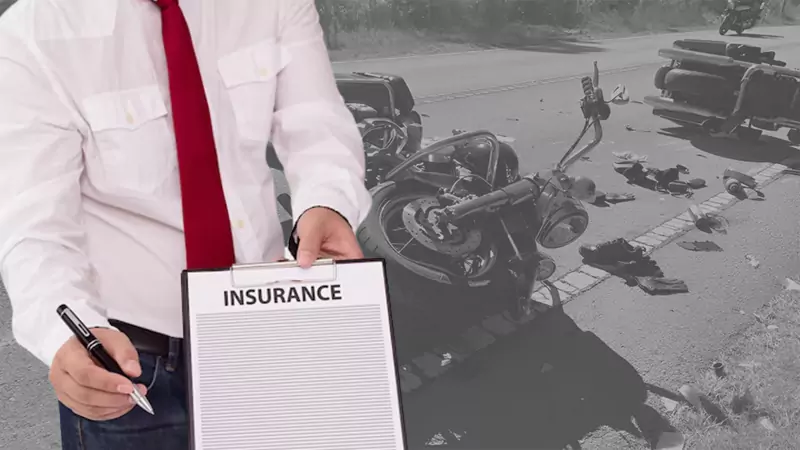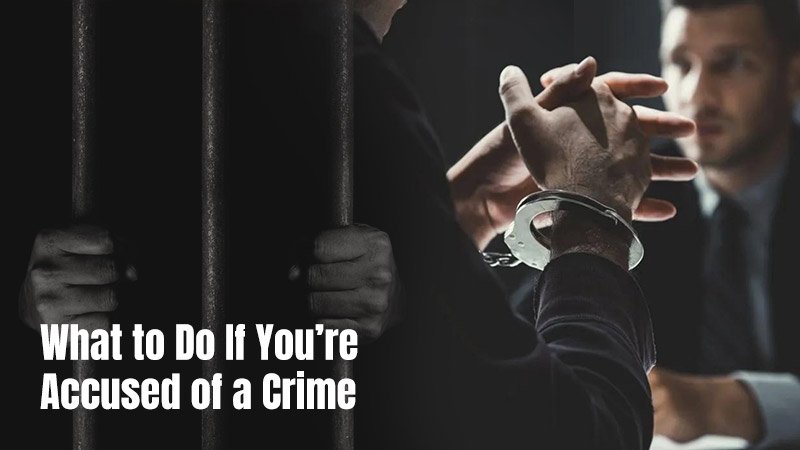When Faced with Criminal Charges: How to Steer the Direction of Your Case
Criminal charges are every person’s worst nightmare, as they can have long-lasting repercussions. However, they don’t necessarily mean you are doomed to suffer the consequences. First off, reach out to a criminal attorney in St George here if you’re in such a legal bind.
And before you consider pleading guilty and taking what comes, weigh the several available options to help steer the case in your preferred direction. After all, an understanding of the basics of the criminal justice system can raise your odds of a favorable outcome. In this regard, here are some dos and don’ts to help tip the scales in your favor:
Get Legal Representation
Seek legal counsel from an experienced attorney. A competent criminal lawyer can provide guidance and protect your rights throughout the process. They also understand the complicated legal process, potential outcomes, and how to reduce the charges associated with your case. Plus, they can represent you in court, question witnesses, and gather or challenge evidence. And that’s not all.
Your attorney is your first line of defense. For instance, they do in-depth research of all evidence and court documents related to your case. Doing so can give you a better understanding of the situation while providing the attorney a chance to prepare possible strategies, analysis, and build arguments for your defense.
They can also advise you on how to plead or act in court and ensure the prosecutor doesn’t misrepresent facts regarding your case. They may also negotiate a plea deal with the prosecutor, including reduced charges or shorter sentences. This option is often the best way to minimize the consequences of a criminal charge.
Also Read:- What can happen after pressing criminal charges
Don’t Incriminate Yourself
Anything you say… We’re sure you’ve heard this countless times. While it may seem like a trivial suggestion, it’s critical to remain silent and avoid incriminating yourself. Don’t provide information the prosecutor can use against you, even in passing, as it can worsen your situation.
Should the prosecutor or law enforcement officers approach you for questioning or interrogation, insist on having your attorney present. In short, exercise your Fifth Amendment right to remain silent and to speak with an attorney before responding.
Understand the Nature of Your Offense
Criminal offenses fall into two categories: felonies and misdemeanors. Felonies are more serious crimes with severe punishments, including jail time of more than one year and stiff fines.
Misdemeanors generally involve less serious offenses and shorter sentences in a local facility. By understanding the consequences you’re likely to face, you can prepare for the case accordingly.
Let Your Attorney Know All the Details
The attorney-client privilege allows you to communicate with your lawyer in confidentiality. As such, open up and share potential evidence or details that may help build your defense.
Be honest and provide helpful information, as it gives the attorney a better idea of how to plan their legal strategy. So, let them know what transpired and led to your arrest or charge. In so doing, you can increase the likelihood of a good outcome.
Prepare for Court Appearances
Don’t take court proceedings casually. Prepare for the case and ensure you arrive early while dressed professionally. While some states allow your attorney to make a court appearance on your behalf (in cases involving misdemeanors), it’s advisable to show up in court and be present for the proceedings.
This may demonstrate your commitment to the case, allowing you to make a more favorable impression on the judge or jury. So, endeavor to attend – whether you’re appearing for arraignment or preliminary hearings.
Don’t be Quick to Post Bail
While spending time behind bars is distressing, consider other feasible solutions besides rushing to post bail. For starters, talk to your criminal attorney. Depending on your case, they can advise you on whether or not to post bail. For instance, they can weigh the bail options and determine whether you can get out of jail without bail.
Also, the judge may decide to raise bail for certain types of crimes. Consequently, your attorney can help you agree on a reasonable bail amount and negotiate an affordable installment plan for paying the bond.
Also, depending on the facts of your case, the court may drop your charges, meaning you won’t have to post bail. As such, your attorney’s insight and knowledge can save you from spending unnecessarily on bail.
Above all, your attorney can help you take the necessary steps to secure a favorable outcome. Regardless of how difficult it may be to face criminal charges, by understanding the situation and consulting with your legal advisor, you can minimize potential consequences. Also, these pointers can help set the tone of your criminal case. Hence, utilize them if you find yourself in a tight legal corner.
Follow Us
Latest Post
















